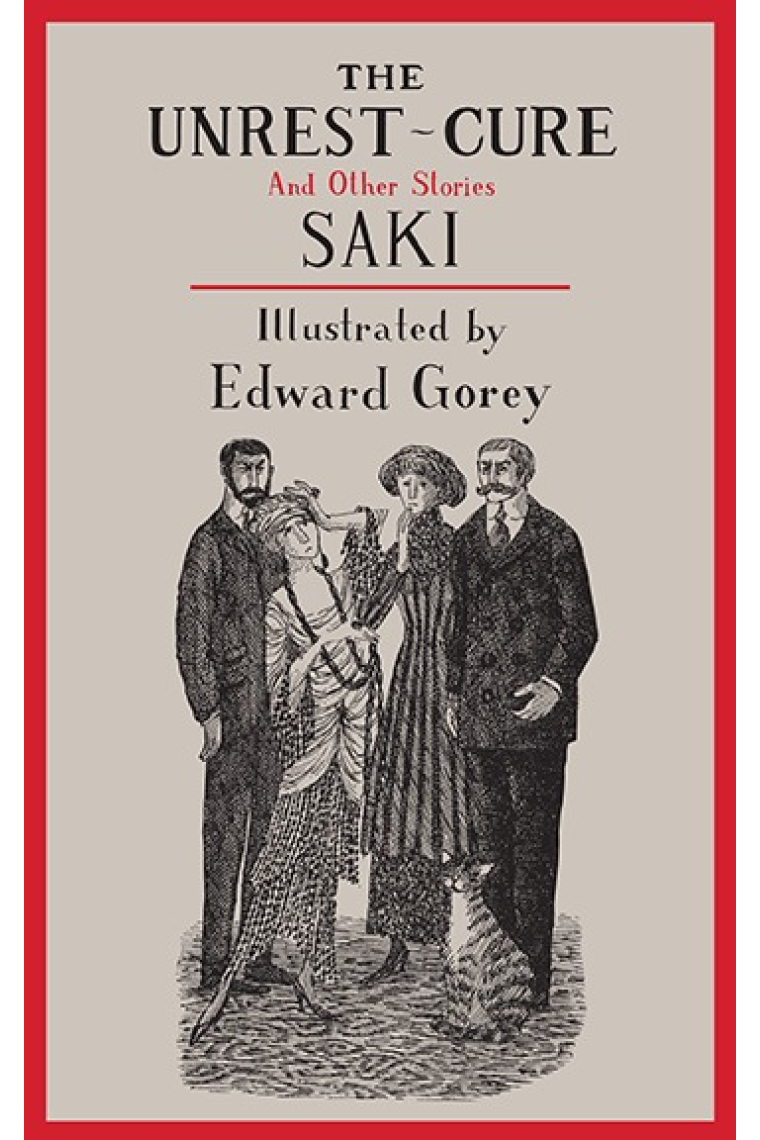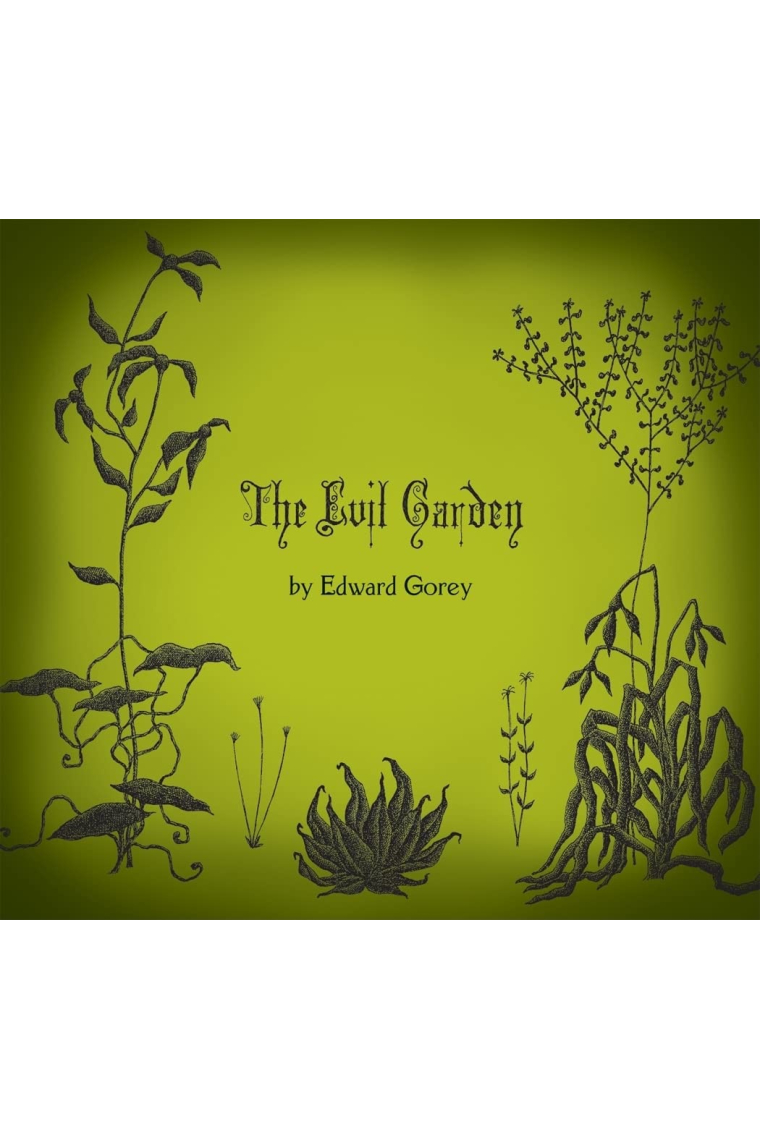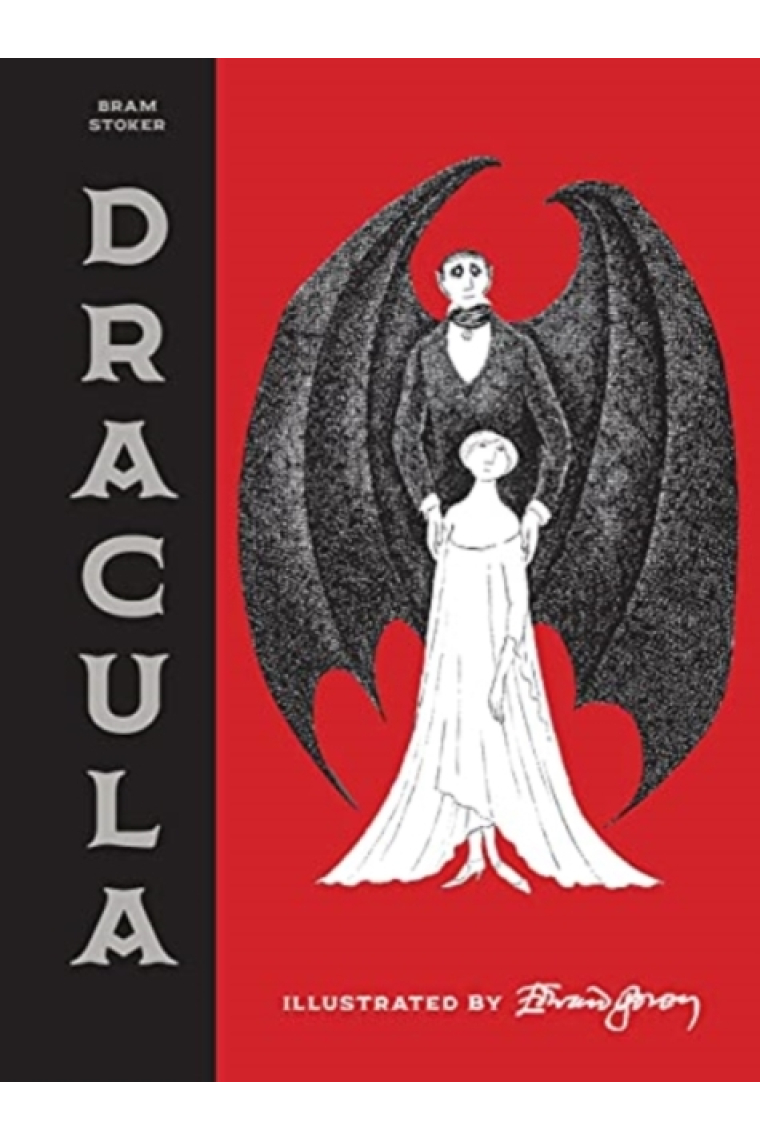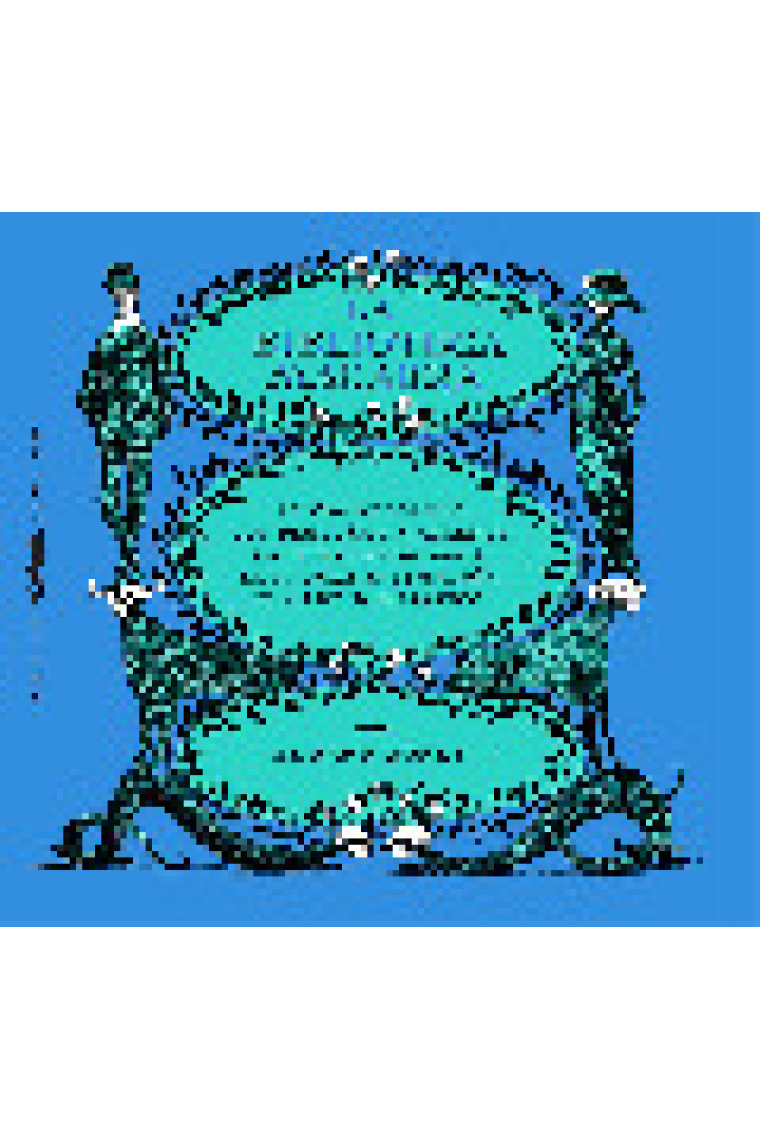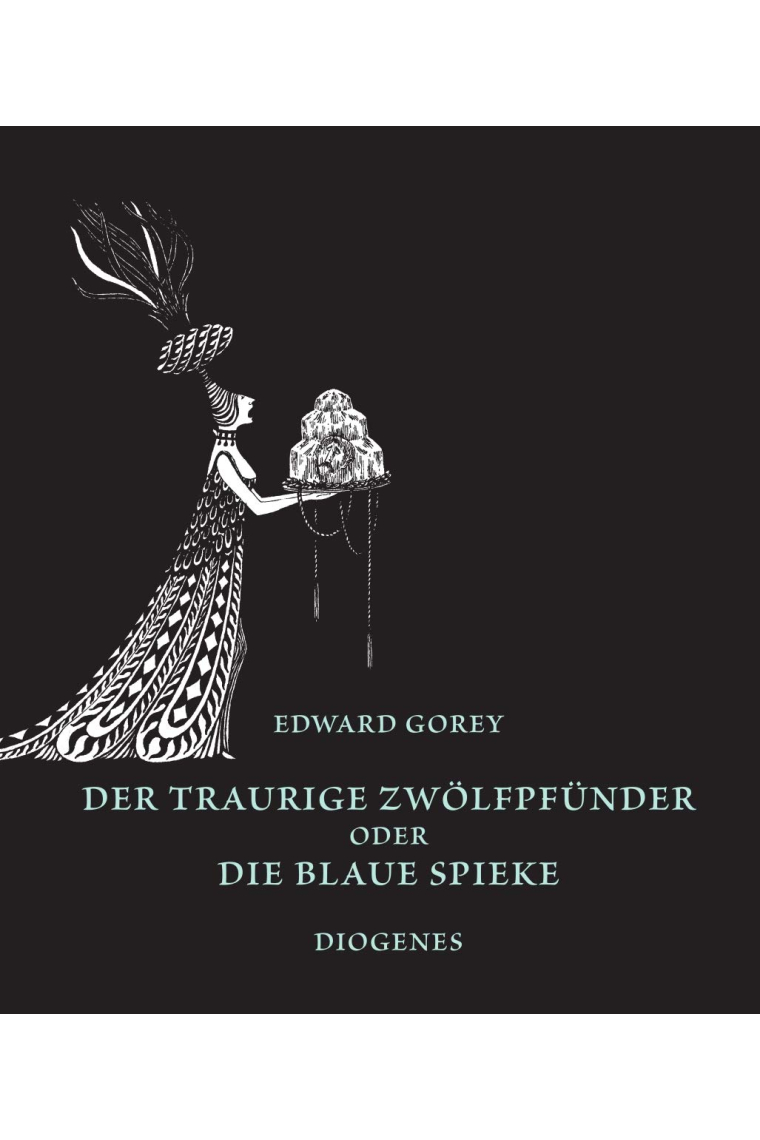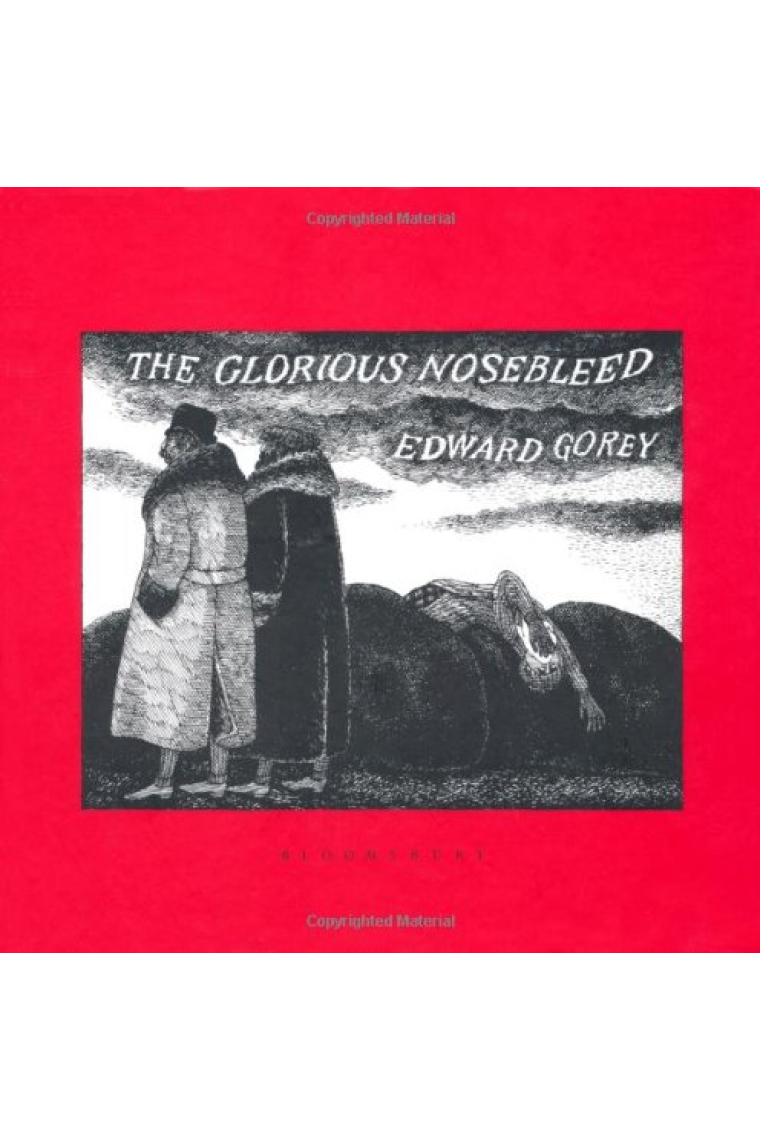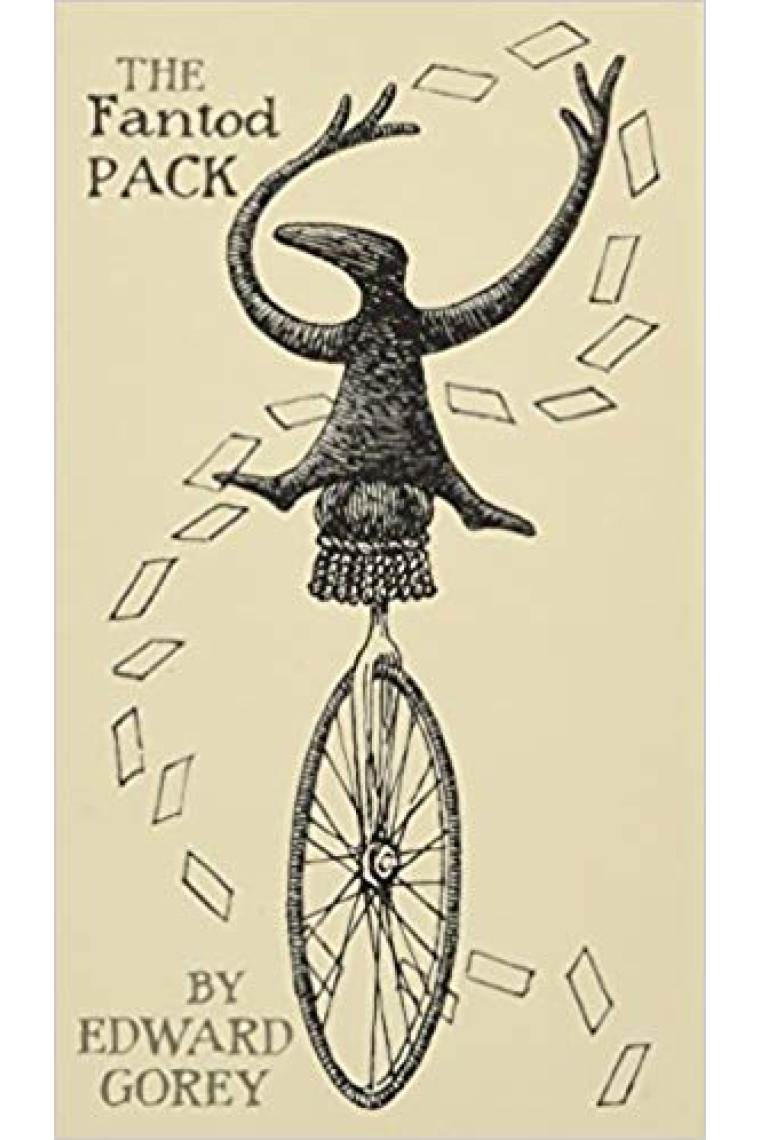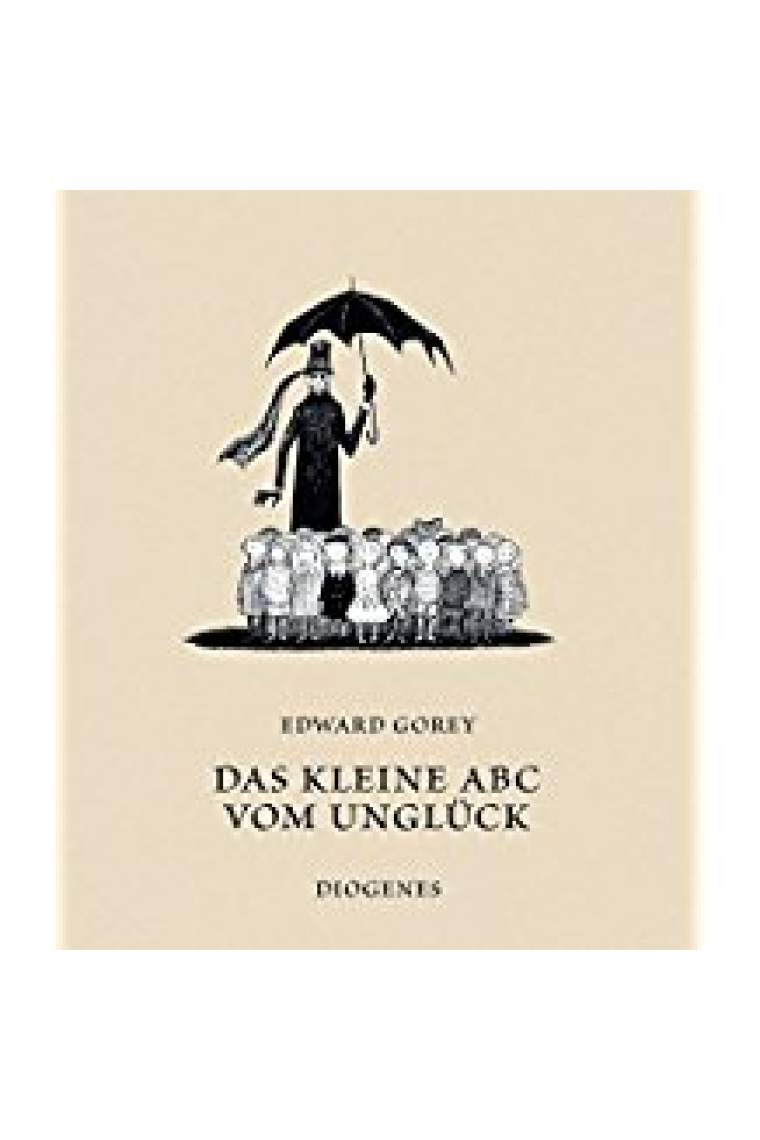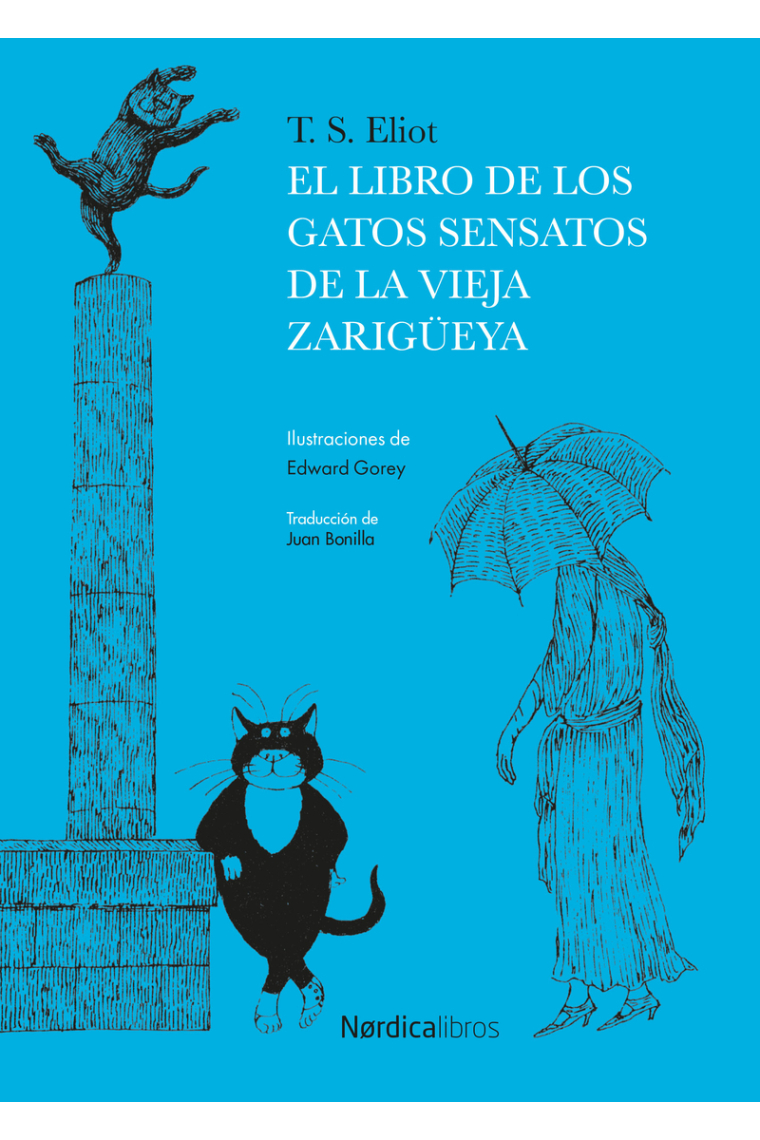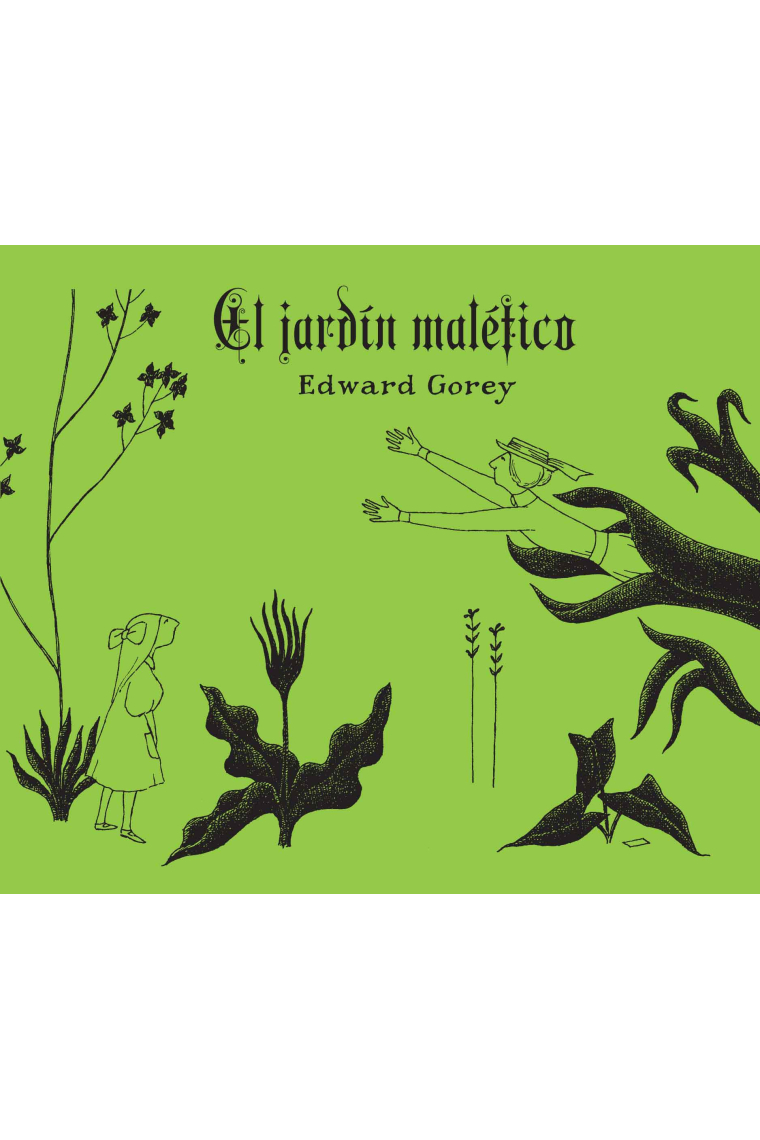Detalles del libro
The whimsical, macabre tales of British writer H. H. Munro—better known as Saki—deftly, mercilessly, and hilariously skewer the banality and hypocrisy of polite upper-class English society between the end of Queen Victoria’s reign and the beginning of World War I. Their heroes are clever, amoral children and other enfants terribles who marshal their considerable wit and imagination against the cruelty or fatuousness, bad faith or simple tedium of a decorous and doomed world.
This selection of Saki’s most polished dark gems comes paired with illustrations by the peerless Edward Gorey, whose fine-lined pen-and-ink drawings evoke, in all their fragile elegance and creeping menace, Saki’s Edwardian drawing rooms and garden parties, along with their population of overly delicate ladies and their mischief-making charges, spectral guests and sardonic house pets, flustered authority figures, and all manner of delightfully preposterous imposters.
They dazzle and delight.—Graham Greene
Start a Saki story and you will finish it. Finish one and you will start another, and having finished them all you will never forget them. They remain an addiction because they are so much more than funny.—Tom Sharpe
Saki was incapable of writing a dull sentence, but the final lines of his short stories are works of art in themselves…[He] has been called “the most malicious writer of them all,” and while it’s true that an air of cruelty runs through much of his work, the recipients of Saki’s malice always deserve their fates—be they overbearing, child-hating aunts, self-important politicos or tedious club-land bores…. In an age when many artists have forgotten the wise adage that more is less, it is timely to remember a writer who often said more in the 2,000 or so words of a short story than many others have in a lifetime.—Neil Clark, The Telegraph
It is for the terse brilliance of his short stories that he is remembered 92 years after his death…weird, but in a good way.—The Guardian
Saki was the pen name of the British writer Hector Hugh Munro (1870–1916). In addition to short stories, of which he was an acknowledged master, he also wrote a full-length play, The Watched Pot, in collaboration with Charles Maude; two one-act plays; a historical study, The Rise of the Russian Empire; a short novel, The Unbearable Bassington; a parody of Alice in Wonderland, The Westminster Alice; and a fantasy about England under German occupation, When William Came.
Edward Gorey (1925–2000) was born in Chicago. He studied briefly at the Art Institute of Chicago, spent three years in the army testing poison gas, and attended Harvard College, where he majored in French literature and roomed with the poet Frank O’Hara. In 1953 Gorey published The Unstrung Harp, the first of his many extraordinary books, which include The Curious Sofa, The Haunted Tea Cosy, and The Epiplectic Bicycle. In addition to illustrating his own books, Gorey provided drawings to countless books for both children and adults. Of these, New York Review Books has published The Haunted Looking Glass, a collection of Gothic tales that he selected and illustrated; The War of the Worlds, the pioneering work of science fiction by H. G. Wells; Men and Gods, a retelling of ancient Greek myths by Rex Warner; and Three Ladies Beside the Sea and He Was There From the Day We Moved In, in collaboration with Rhoda Levine.
- Encuadernación Tapa blanda
- Autor/es Munro (Saki), Hector Hugh / Gorey, Edward
- ISBN13 9781590176245
- ISBN10 1590176243
- Páginas 176
- Colección NYRB Classics #
- Año de Edición 2013
- Idioma Inglés
The Unrest-Cure and Other Stories
- Hector Hugh Munro (Saki) , Edward Gorey
- Editorial NYRB
- ISBN 9781590176245
 ¡Gracias por comprar en librerías reales!
¡Gracias por comprar en librerías reales!

 Lo mejor de noviembre
Lo mejor de noviembre  Alibri Llibrería, Barcelona
Alibri Llibrería, Barcelona
 Librería Lé, Madrid
Librería Lé, Madrid
 Caselles Llibrería, Lleida
Caselles Llibrería, Lleida
